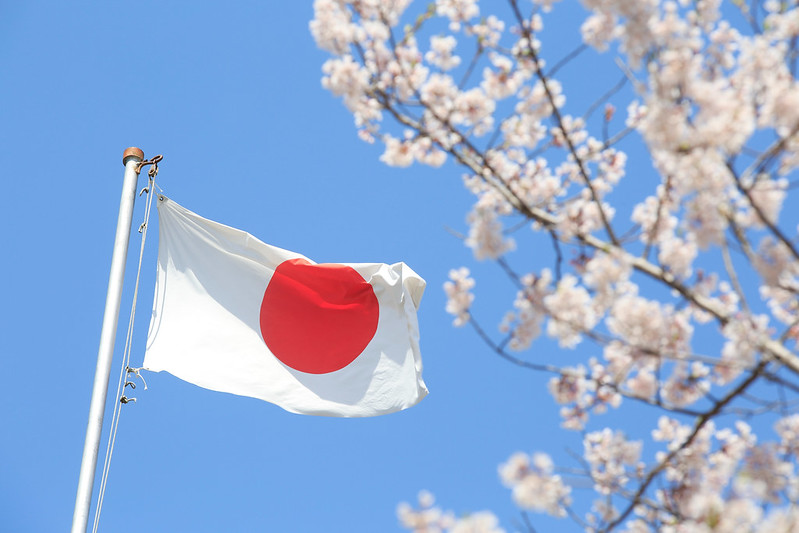Japanese stocks fell, sending the Nikkei 225 Stock Average down for a seventh day and on the verge of a technical correction amid market frustration with the new government and a host of threats to global economic growth.
The blue-chip index closed down 2.2%, ending its longest losing streak since May 2019 and extending its fall from a September high to 9.3%. Along with fading hopes for Prime Minister Fumio Kishida's administration, investor sentiment worsened on Tuesday due to a global sell-off in technology stocks due to the threat of persistently high US inflation and lingering concerns over China Evergrande Group's debt problems.
Kishida was officially elected the country's 100th prime minister on Monday, but his policies have yet to inspire investors. Japanese stocks soared after unpopular predecessor Yoshihide Suga said he would step down on September 3, when both the Nikkei and broader Topix would rise to their highest levels since the bubble era of the early 1990s.

But the mood did not last long as the succession choice failed to inspire the market as much as the reformist rivals in the race for ruling party leader. Kishda has scheduled a general election for 31 October, which could be the next domestic signal for stocks.
"Investors bought up Japanese stocks in advance in anticipation of political change, but this view has declined somewhat since Kishida's election," said Ryuta Otsuka, strategist at Toyo Securities Co. sold off and China's property markets are still struggling.
You can always stay up-to-date with all the latest news, as well as invest well with our partners at Exness.
Fast Retailing Co. was the biggest contributor to Nikkei's losses on Tuesday, accounting for more than 9% of the blue-chip index. The fast fashion giant fell 6.9%, its highest since March 2020, after it reported a 19% drop in domestic sales at Uniqlo in September due to unseasonably warm weather. Electronics manufacturers had the biggest impact on Topix shares, which fell 1.3%.
"The market is likely to be in a corrective mood until there is clarity on how the slowdown in the Chinese economy will affect Japanese companies' results in this month's reporting season," said Hideyuki Ishiguro, senior strategist at Nomura Asset Management in Tokyo.